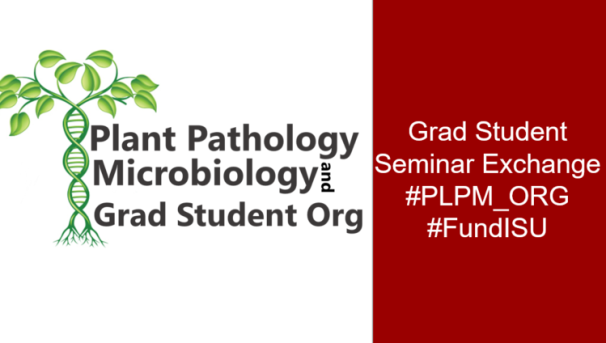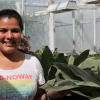| Rank | State | Gifts |
|---|---|---|
| 1 | IA | 14 |
| 2 | CA | 1 |
| 2 | FL | 1 |
Nancy
Wlezien
$100
Oct 04, 2018
Larry
Halverson
Undisclosed Amount
Oct 04, 2018
Gwyn
Beattie
Undisclosed Amount
Oct 04, 2018
Anonymous
$10
Oct 04, 2018
Anonymous
$30
Oct 04, 2018
Steven
Whitham
$100
Oct 04, 2018
Anonymous
$20
Oct 04, 2018
Anonymous
Undisclosed Amount
Oct 04, 2018
PAUL
ESKER
Undisclosed Amount
Sep 29, 2018
Anonymous
Undisclosed Amount
Sep 25, 2018
William
Rutter
Undisclosed Amount
Sep 24, 2018
Peter
Howe
Undisclosed Amount
Sep 24, 2018
Dennis
Mayhew
$50
Sep 22, 2018
Jenifer
Bungert
$100
Sep 14, 2018
Anonymous
$5
Sep 14, 2018
Anonymous
$10
Sep 14, 2018
Mark
Gleason
$100
Sep 13, 2018
Chase
Mayers
$20
Sep 12, 2018
Thomas
Harrington
$50
Sep 12, 2018
Anonymous
$10
Sep 12, 2018
$10
Encourage growth
Help students develop fist hand experience to communicate their knowledge outside their comfort zone
$15
Kindle motivation
Allow students to expose themselves to different skills. Sharing knowledge practices pushes a person to become better at what they do while allowing them to develop better insights on problem solving skills.
$20
Fuel new ideas
They say two heads think better than one. When different skills and experiences collide, eye-opening ideas and solutions emerge. The more students learn how to communicate their work, the more they will be exposed to see the same problem from different angles.
$50
Ignite science support
The more students learn how to effectively communicate their science to others, the more likely they will be to reach someone who will be interested in supporting their idea and taking it further. It could be in the form of collaborations or attention from governmental or private organizations.
$100
Promote communication
Scientist agree that communication with non-scientist is important. However, this is a difficult skill that many practicing scientists lack, likely due to the combination of increased specialization over time and the absence of formal training in science communication.
$200
Invest in the future
Help develop interesting and innovative ways of communicating complicated concepts to the public
$500
Infuse communication training
As scientists advance in their academic careers from undergraduate to graduate student to postdoc, they become more and more specialized in their chosen discipline or sub-discipline. These sub-disciplines are increasingly disparate, requiring scientists to become better communicators to forge collaborations between disciplines




